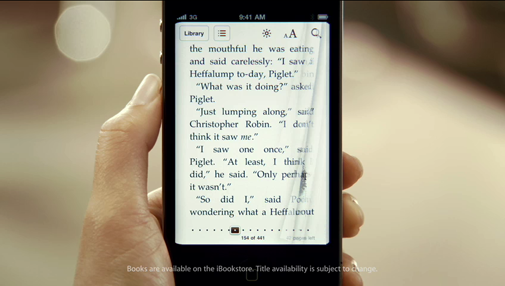And so continues one of the biggest constants in software development: the unerring sense among developers that the level of abstraction they’re current working at is exactly the right one for the task at hand. Anything lower-level is seen as barbaric, and anything higher-level is a bloated, slow waste of resources. This remains true even as the overall level of abstraction across the industry marches ever higher.
First the C guys can’t imagine writing in assembly anymore, but C++’s vtable dispatch is still just too slow to consider. Then the C++ guys look back with chagrin at the bad-old-days of rolling their own half-assed object systems in C, but Java is dismissed as a ridiculous pig. Still later, the Java guys sneer at pointers and manual memory management, but JavaScript is ridiculed as a toy “scripting” language for validating web forms. And on and on.
And in the short term, in the moment, they’re often right. But this arrow points only one way, and that’s in the direction of ever-higher abstraction. To judge how much time remains before the next leap forwards, look at the leading edge of the industry.
—John Siracusa (emphasis mine)
Here’s my two cents on the future of abstraction: systems are clearly getting wider (paralell), not faster; technologies like Grand Central Dispatch help us deal with concurrency today, but longer term, I think a functional programming abstraction is the answer.
